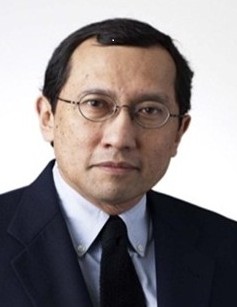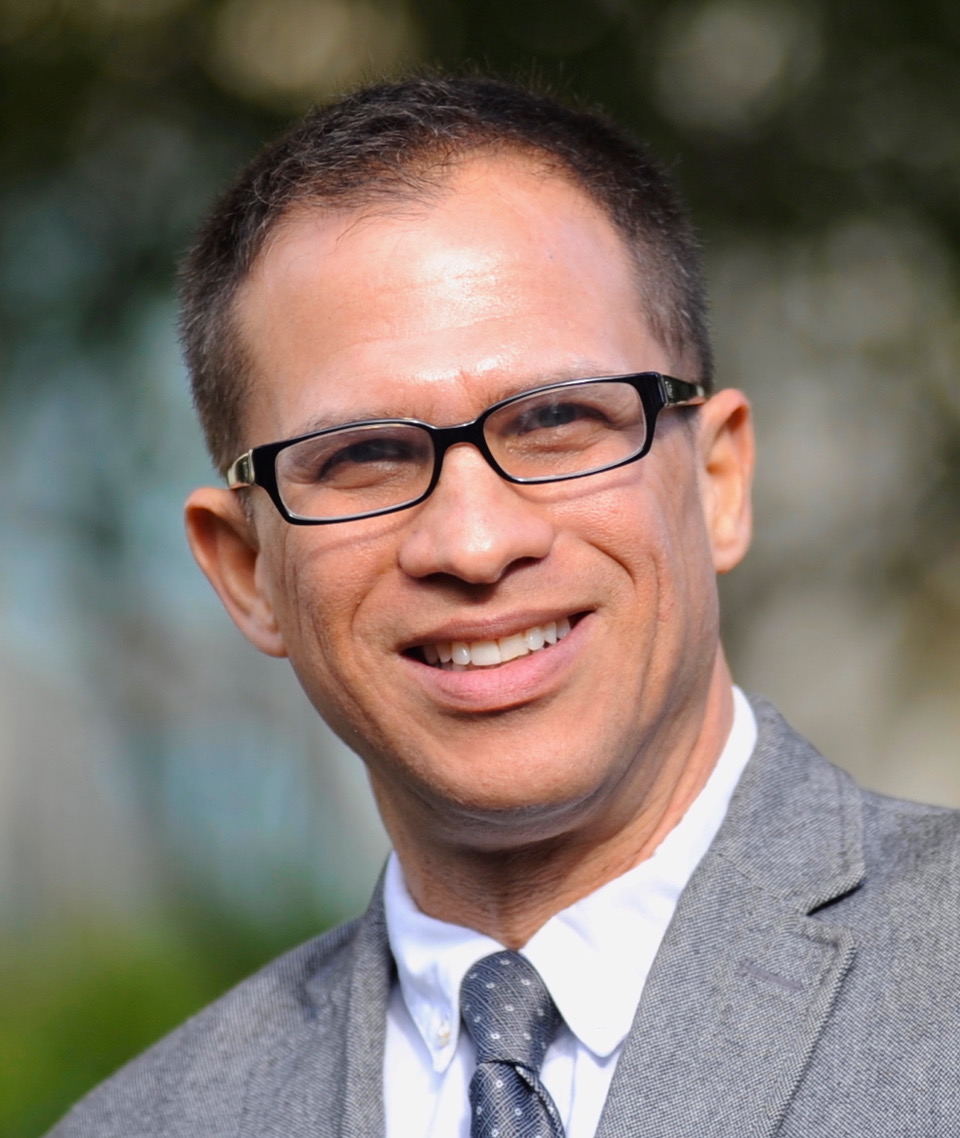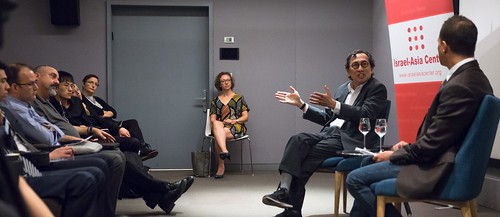EVENTSPAST EVENTS
Singapore’s China-India balancing act: Lessons for Israel in a multi-polar world order
Beit Heseg

Singapore’s China-India balancing act:
Lessons for Israel in a multi-polar world order
President Trump’s “America First” agenda has, many believe, catalyzed China’s rise as an increasingly assertive regional and global power, and encouraged India to assume more of a leadership role in Asia.Whether or not this is true, no one can deny that the world’s current dramatic geopolitical shifts require smaller countries to demonstrate a calculated, yet dynamic, approach towards their relationships with the world’s major powers.
Ever since its independence in 1965, tiny Singapore — with 5.7 million inhabitants forming a multicultural society of ethnic Chinese, Indians and Malays — has managed to maintain the key principle of its foreign policy: “Friends to all, but an enemy of none”. However, recent developments have made it difficult for Singapore to live up to this ideal. These include rising tensions between China and India as well as between China and the United States; President Trump’s withdrawal from the Trans-Pacific Partnership, and China’s ambitious Belt and Road Initiative.
How does Singapore manage its foreign policy vis-à-vis its relations with China and India? What can Israel learn from Singapore’s experience as it attempts to balance its relationships with these two Asian giants? And what, in particular, does Israel need to be aware of in the Trump-Xi-Modi era?
To answer these questions and more, the Israel-Asia Center and AJC Asia Pacific Institute held a fireside chat on April 16, 2018, with Singapore’s Ambassador-at-large Ambassador Bilahari Kausikan — the “undiplomatic diplomat” who writes and speaks without hedging, according to a recent article in the The Straits Times.
Speaker:
 Amb. Bilahari Kausikan is Chairman of the Middle East Institute at the National University of Singapore. From 2001 to May 2013, Amb. Kausikan was the second Permanent Secretary and subsequently Permanent Secretary of the Ministry of Foreign Affairs. He had previously served in a variety of appointments, including as the Permanent Representative to the United Nations in New York and as Ambassador to the Russian Federation. Amb. Kausikan was educated at Raffles Institution, the University of Singapore and Columbia University in New York. In 2017 he released a collection of his writings in a book entitled Singapore Is Not An Island: Views On Singapore Foreign Policy.
Amb. Bilahari Kausikan is Chairman of the Middle East Institute at the National University of Singapore. From 2001 to May 2013, Amb. Kausikan was the second Permanent Secretary and subsequently Permanent Secretary of the Ministry of Foreign Affairs. He had previously served in a variety of appointments, including as the Permanent Representative to the United Nations in New York and as Ambassador to the Russian Federation. Amb. Kausikan was educated at Raffles Institution, the University of Singapore and Columbia University in New York. In 2017 he released a collection of his writings in a book entitled Singapore Is Not An Island: Views On Singapore Foreign Policy.
Moderator:
 Larry Luxner is the longtime news editor of The Washington Diplomat and former publisher of both South America Report and CubaNews. Born and raised in Miami – and based in Tel Aviv since January 2017 – Larry has reported from 100 countries, including Azerbaijan, Bangladesh, China, Kazakhstan, Sri Lanka and the Maldives. He has written more than 2,600 articles for publications ranging from The Times of Israel to Saudi Aramco World, and is currently an editor with BioNews Services. Larry also runs an Internet-based stock photo agency at www.luxner.com.
Larry Luxner is the longtime news editor of The Washington Diplomat and former publisher of both South America Report and CubaNews. Born and raised in Miami – and based in Tel Aviv since January 2017 – Larry has reported from 100 countries, including Azerbaijan, Bangladesh, China, Kazakhstan, Sri Lanka and the Maldives. He has written more than 2,600 articles for publications ranging from The Times of Israel to Saudi Aramco World, and is currently an editor with BioNews Services. Larry also runs an Internet-based stock photo agency at www.luxner.com.
In partnership with:


